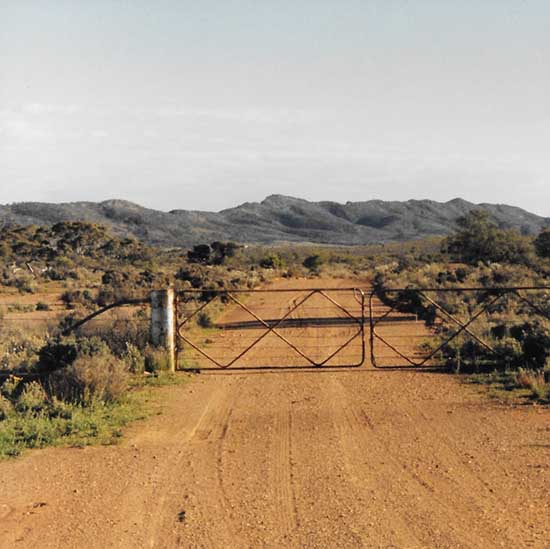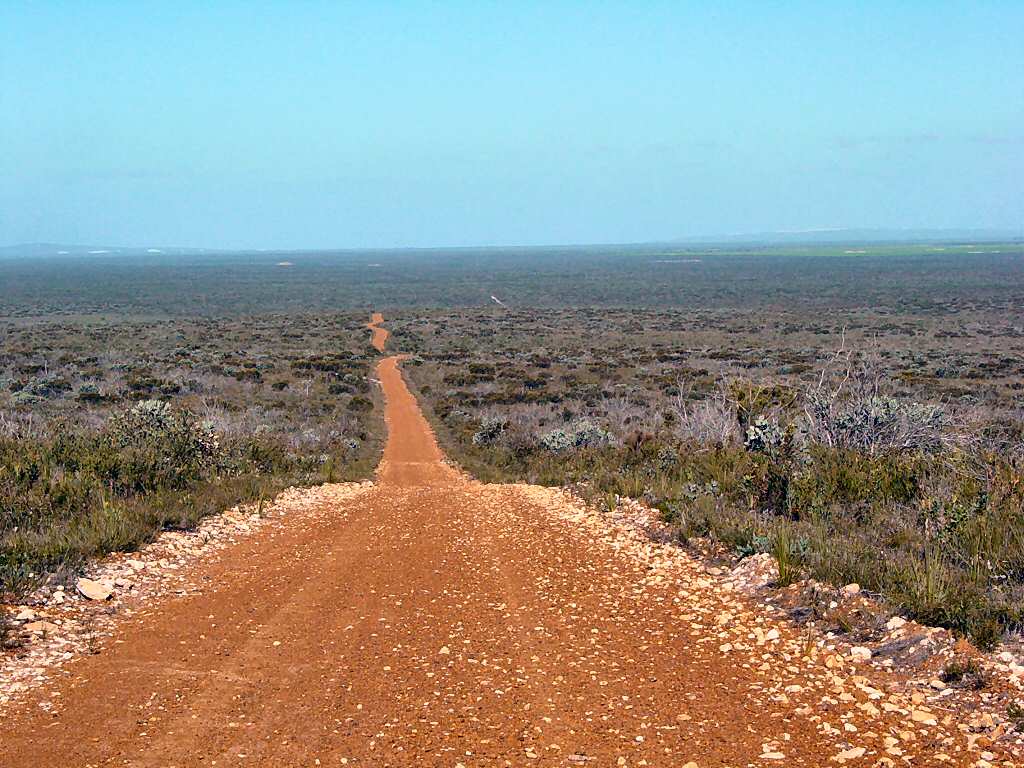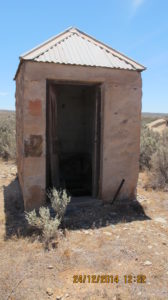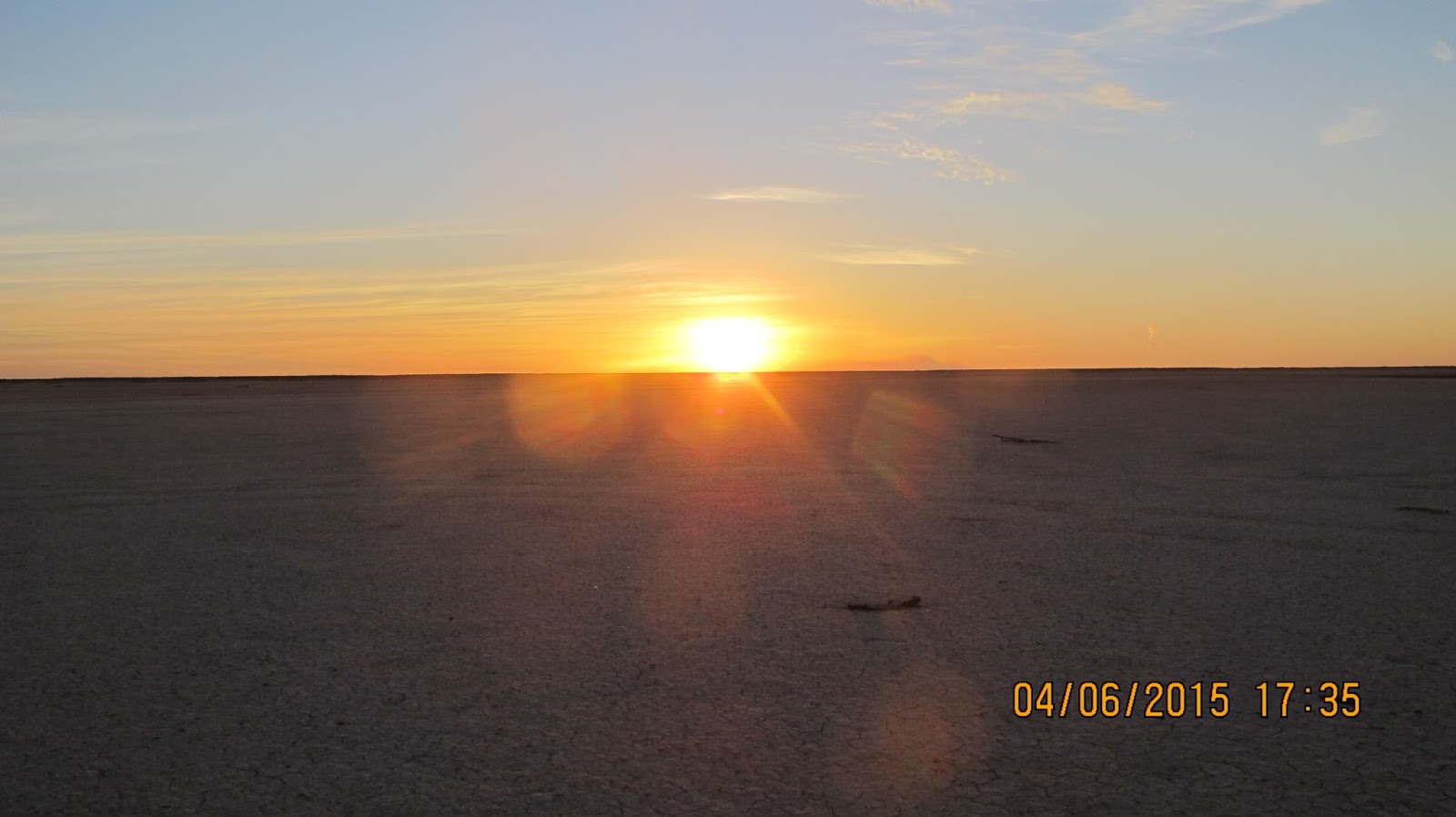
It’s dark and you want the light on. You flick the switch. Hey presto – light. Or not. And if it doesn’t switch on, you are a tad frustrated. It means one of several things – you haven’t paid the power bill  or there’s a blackout for some reason – or the globe’s gone. Whatever, you are frustrated – because you have taken it for granted that by flicking that switch, light naturally comes on. Same with a tap. You want water, you turn the tap on. Again – magic. Water pours out. You turn the tap one way, the water warms up. Go the other way, it cools down. Turn the tap off – the water stops. Again, you’ve taken it for granted that there will be water coming through that tap. And if neither the light switch works or water doesn’t come through that tap, you are not happy. Over to the telephone to ring the electricity or water board. Dial the right number and your call will go through. Again, taken for granted. Later you want to go to the shop – just up the road. Or maybe a couple of blocks away which will take a bit longer – darnit! You get into the car, taking it for granted that the motor will start with the turn of the key. And if it doesn’t – that temper isn’t improving but nothing for it except to ring the local automobile club or garage and get help as quickly as possible. But
or there’s a blackout for some reason – or the globe’s gone. Whatever, you are frustrated – because you have taken it for granted that by flicking that switch, light naturally comes on. Same with a tap. You want water, you turn the tap on. Again – magic. Water pours out. You turn the tap one way, the water warms up. Go the other way, it cools down. Turn the tap off – the water stops. Again, you’ve taken it for granted that there will be water coming through that tap. And if neither the light switch works or water doesn’t come through that tap, you are not happy. Over to the telephone to ring the electricity or water board. Dial the right number and your call will go through. Again, taken for granted. Later you want to go to the shop – just up the road. Or maybe a couple of blocks away which will take a bit longer – darnit! You get into the car, taking it for granted that the motor will start with the turn of the key. And if it doesn’t – that temper isn’t improving but nothing for it except to ring the local automobile club or garage and get help as quickly as possible. But
sometimes they can’t get to you straight away – or for an hour, maybe longer.
Later on, as you are preparing for dinner in the evening, after a hard day or doing whatever you’ve been doing, suddenly visitors arrive unannounced. Looks like they’re here for dinner, too. You put on a brave face and throw on a bit of extra for them – or if you haven’t got that extra, quickly call someone to grab whatever’s needed from the shop. Or – if worst comes to worst – one of the many nearby takeaway places or restaurants to the rescue.
All inconvenient? Absolutely. But at least such utilities and other services are nearby and are convenient – along with all the emergency services.
But – this is in the populated areas – of most nations.
The story could not be more different – hundreds, sometimes thousands of kilometres away – in the outback. In Australia, anyway. The people out there do it tough – make no mistake. They are unique – some literally struggling on a daily basis, simply to survive. Against almost unsurmountable odds – both natural and human. It seems that no matter which way they turn, they hit another brick wall. It’s almost normal for their taps not to produce anything more than a billow of red dust – because so often there isn’t any water – these people are more often than not in drought conditions. Otherwise they could have been flooded – then they don’t need taps, anyway! Or fires – or whatever. And these are all natural problems – don’t get me started on those that humans can inflict. All are equally devastating – for both  those in the country as well as the city – only the latter can get help just a bit more easily and quickly. As for the light – well, in many cases, while a lot of these areas are now connected tot he ‘mains’ or are on solar power or satellite, there are still a lot that aren’t and they have to rely on their own generators. So if the light falters – the globe might have gone but usually it does mean that the generator needs to be restarted – and sometimes that can happen because it needs to be refuelled. No hopping down to the nearest petrol station out there – it means another long trip into the nearest town or depot to restock fuel. Or wait for the petrol tanker to come out. And remembering, if you have to call for help, it can be a long time coming. Distances are just so big.
those in the country as well as the city – only the latter can get help just a bit more easily and quickly. As for the light – well, in many cases, while a lot of these areas are now connected tot he ‘mains’ or are on solar power or satellite, there are still a lot that aren’t and they have to rely on their own generators. So if the light falters – the globe might have gone but usually it does mean that the generator needs to be restarted – and sometimes that can happen because it needs to be refuelled. No hopping down to the nearest petrol station out there – it means another long trip into the nearest town or depot to restock fuel. Or wait for the petrol tanker to come out. And remembering, if you have to call for help, it can be a long time coming. Distances are just so big.
Yup, this is the mighty outback of Australia. And its people. They just learn to cope. They have to. Many of the men on the pastoral stations have been born in country hospitals (some on their actual stations) and have spent their entire lives out there – bar perhaps a few years at boarding school, having been educated for their primary years by SotA (School of the Air) and, in its day, correspondence. Many of the women have originated from either capital cities or country towns. Some have come from other stations or farms and others again, from different nations. These are those amazing women who have had to adapt very quickly. Some do. Some don’t. For the latter group, the romance, allure and novelty of life in the outback soon gives way to the isolation and loneliness that can be big problems out there. They find they cannot handle it after all. But those who can – many go out there to work as governesses and finish up marrying one of their employer’s neighbours or a similar local. This latter group would not change their lives for anything – and I don’t blame them.
To conduct the research for my book: ‘Red Dust Dreams’ I traveled the outback, from participating station to station, in SA., NSW., Qld., the NT and WA. And by doing so, I really was living my dream by staying on each property and getting to know the owners/managers and their families and some staff. I have never been made to feel

so warm and welcome. Quite a few of the people did ‘open up’ to me (because I come from a similar background) in confidence and I will always respect that.
Yes, they are doing it tough. The women who have moved out there and adapted have made lives for themselves – darned good ones. Many of the stations people have had to move over to tourism as well as continuing to operate as working properties. This is being done to supplement their existing income, or to take its place. Some people are also looking at alternative online businesses, rather than station stays. I have also heard of others who are doing all three – still operating their stations as businesses, operating station stays as well as online businesses, without taking on extra staff.
There is a huge amount to these people and through it all, their humour generally remains intact. And when it doesn’t, there’s damned good reason. They truly are a people unto themselves – and still so often overlooked/ignored/forgotten. A perfect example occurred by the WA state government, just before Christmas in 2017. The decision had been taken to close all the School of the Air bases state wide. While huge public outcry from those in the rural areas as well as many party faithful in the urban areas did cause the government to reverse this decision, it remains stubborn in other educational aspects relating to their own rural constituents. Instead, money is being poured into other areas where it is not needed. I fail to understand the logic of the WA government and, while I have never supported them, decisions like this one have absolutely cemented my political choices. I’d rather support the Happy Birthday Party – if there is one!












